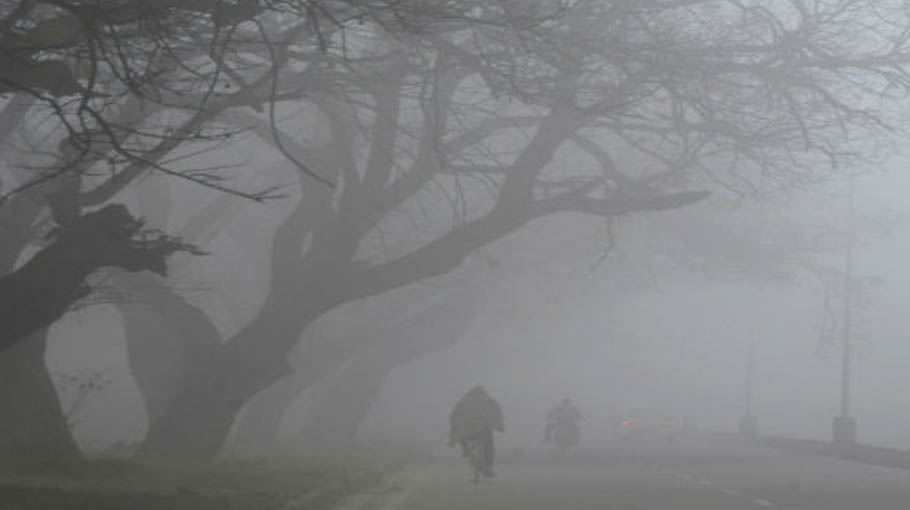Cold wave likely after mid-Dec

The month of December has come and eleven days have already passed, but the winter has not yet arrived fully although people of Bangladesh are now experiencing the taste of winter as the light cold weather accompanied by fog has been sweeping in different places at night and in the morning.
In rural areas, people are experiencing the bite of winter amid cold weather coupled with fog prevailing across the country, particularly in the northern region.
However, the fog approaches in the night and early morning, but the temperature rises as the morning sun rises.
According to the Bangladesh Meteorological Department (BMD), it is likely that most parts of the country will not witness cold wave conditions till the end of December.
Meteorologists and experts on climate change said that Bangladesh rarely experiences very severe cold wave, but in some years, moderate to very severe cold waves move through the northern part of the country and when it moves through the central part to the southern part its intensity gradually decreases.
When temperature plunges 10°C or less and continues for some period considered as a cold wave.
Abul Kalam Mollick, a meteorologist of the BMD; said that during the cold wave or cold wave conditions at the end of December, the temperature would drop from 8 degrees Celcius to 10 degrees Celcius in north-west regions. However, with the temperature gradually dropping, two cold waves are likely to grip parts of the country in December, he added.
The first cold wave of this winter may sweep over the country after the mid-December. During the time, light rainfall could also occur in many places in the country, said a BMD official.
According to the forecast of Bangladesh Meteorological Department, a low to moderate cold wave coupled with a depression could grip the country at the end of December. As a result, mercury may dip as low as 6 Degrees Celsius in some regions of the country.
Bangladesh could see less rainfall than usual as well as a few low pressures in the Bay of Bengal. A depression could form in the Bay at the end of December, the forecast said.
However, Sahinul Islam, a meteorologist at the meteorological department, said that high temperatures might prevail throughout December despite the arrival of winter. Temperature will start dropping by the end of December. The intensity of winter will be felt in January, he added.
Meanwhile, winter was expected to set in earlier this year as temperatures plummeted after Cyclone Sitrang hit in late October.
Abdul Mannan, a meteorologist, said that the maximum and minimum temperature of Bangladesh decreased up to 5 degrees Celsius due to the effect of Sitrang. Along with this, the humidity decreases due to the flow of cold air in the north-western part of Bangladesh. So, there is a feeling of winter.
Mainly because of the cold wind blowing in the north-west direction, winter occurs in Bangladesh and its surrounding areas. But subsequently several low pressures were formed in the Bay of Bengal. There was no major change also in the air flow in Bangladesh, hence the temperature did not decrease.
Although the mercury falls in the first few days of November, the rest of the month sometimes increases in temperature, sometimes decreases a little. The weather does not have the taste of winter due to this ups and downs, said Abdul Mannan.
According to him, the reason for not seeing winter, this change in weather is due to cloudless sky, absence of cold north-westerly air flow, frequent low pressure in the Bay of Bengal.
In the middle of December and later, the low pressure that will form in the Bay of Bengal will move towards the west, southern India, Maldives, Sri Lanka. Moving far away from Bangladesh will not have its effect in Bangladesh. In this, the feeling of winter will increase much more than the current time. So, it will be winter after December 15.
Experts of climate change said that there is no doubt that the severity of winter in the country has decreased due to the increase in global temperature. Industrialization has increased within the country. Abnormalities have been observed in the weather due to these reasons.



